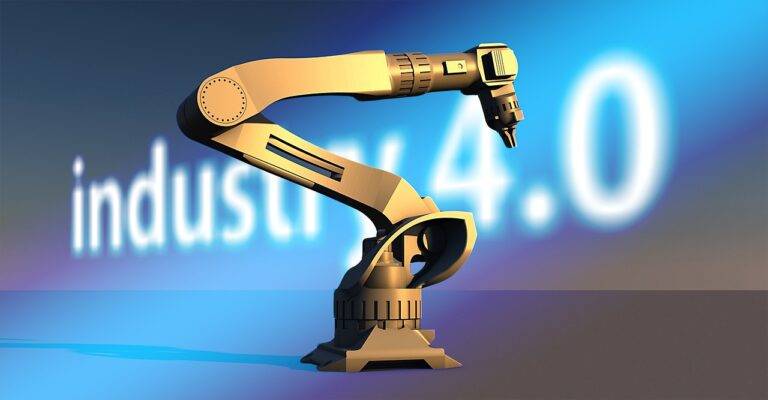The Impact of AI on Inventory Management
Inventory management is a critical aspect of running a successful business, and advancements in artificial intelligence (AI) have revolutionized the way companies handle their inventory. In this article, we’ll explore the impact of AI on inventory management and how businesses can leverage AI technologies to optimize their operations.
The Role of AI in Inventory Management
AI-powered inventory management systems utilize machine learning algorithms to analyze data, predict demand, optimize stocking levels, and streamline the entire inventory process. By leveraging AI, businesses can improve accuracy, reduce costs, and enhance overall efficiency.
Key Benefits of AI in Inventory Management
1. Demand Forecasting: AI algorithms analyze historical sales data, market trends, and other relevant factors to accurately predict future demand for products.
2. Optimized Stock Levels: AI-driven inventory systems dynamically adjust stock levels based on demand forecasts, ensuring that businesses maintain optimal inventory levels to meet customer demand while minimizing excess inventory.
3. Real-time Insights: AI enables businesses to gain real-time visibility into their inventory, allowing them to track stock levels, monitor trends, and identify potential issues proactively.
4. Enhanced Efficiency: By automating routine tasks such as inventory tracking, ordering, and replenishment, AI helps businesses save time and resources, allowing employees to focus on more strategic activities.
5. Improved Accuracy: AI-powered inventory management systems are capable of analyzing vast amounts of data with a high degree of accuracy, reducing the risk of errors and inaccuracies associated with manual processes.
Applications of AI in Inventory Management
1. Automated Reordering: AI algorithms automatically generate purchase orders based on demand forecasts and inventory levels, ensuring that businesses never run out of stock.
2. Inventory Optimization: AI analyzes sales patterns, seasonality, and other factors to optimize stocking levels and reduce carrying costs.
3. Warehouse Management: AI-powered robots and drones can automate tasks such as picking, packing, and shipping, improving warehouse efficiency and reducing labor costs.
4. Supply Chain Visibility: AI provides real-time visibility into the entire supply chain, enabling businesses to track shipments, monitor delivery times, and identify potential bottlenecks.
Challenges and Considerations
While AI offers numerous benefits for inventory management, businesses must address the following challenges:
- Data Quality: AI algorithms rely on accurate and reliable data for effective decision-making. Businesses must ensure data integrity and cleanliness to avoid inaccuracies.
- Integration: Integrating AI-powered inventory management systems with existing IT infrastructure and software can be complex and require careful planning.
- Cost: Implementing AI technologies can be expensive, especially for small and medium-sized businesses (SMEs) with limited resources. Businesses must weigh the costs and benefits of AI adoption carefully.
FAQs
Q: What is AI inventory management?
A: AI inventory management utilizes machine learning algorithms to analyze data, predict demand, optimize stocking levels, and streamline inventory processes.
Q: How does AI improve inventory management?
A: AI improves inventory management by providing accurate demand forecasts, optimizing stocking levels, automating routine tasks, and enhancing overall efficiency.
Q: What are some applications of AI in inventory management?
A: AI applications in inventory management include automated reordering, inventory optimization, warehouse management, and supply chain visibility.





